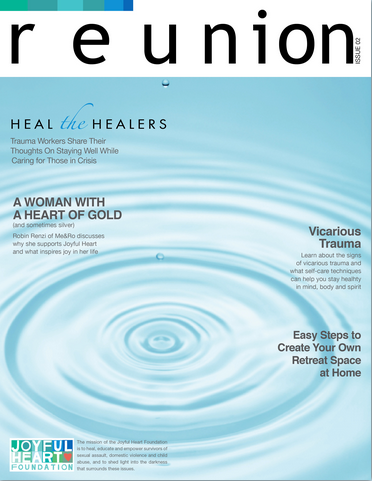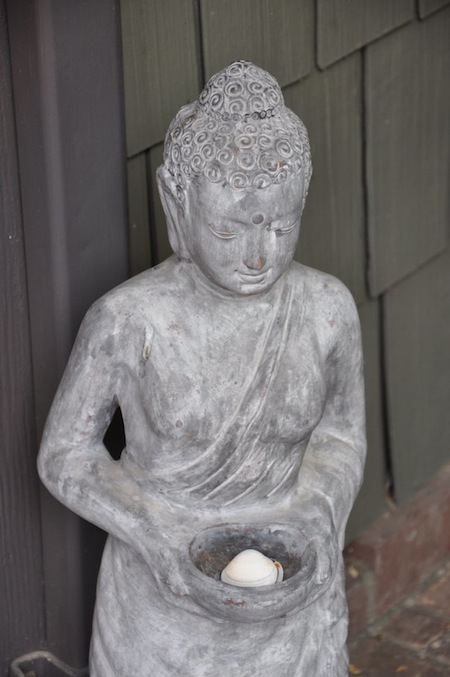You can leave this site quickly.
Learn more about Internet safety.
Resources
Organizational Solutions
When we are facing universal challenges, such as striving to meet needs greater than the current resources available, it can be tempting to assume that an organizational culture of stress is inevitable. However, at Joyful Heart, we hold the belief that there is a way to engage in this work without causing harm to ourselves or to others. This may include organization leaders taking a close look at the way we quantify “progress” towards healing and the way we think about what is funded, on what level and how we measure success.
These are all challenging conversations. Nonetheless, they are conversations that are critical to the overall health of the field of prevention and intervention addressing violence. They will likely be the cornerstones of solutions that will create organizational shifts toward wellness and sustainability long term.
Individual Solutions
We at Joyful Heart recognize the importance of each person’s individual health in the here and now, and we encourage each individual to prioritize their own health and well-being each and every day. By ensuring our day-to-day health on an individual basis, we work collectively toward sustainable long-term solutions that span beyond any one organization. The following questions may be helpful in assessing if you are currently aligning with an organizational culture that will be sustainable for you long term.
- Are my daily expectations able to be met without sacrifice to my personal well-being?
- Do I feel able to safely share and seek solutions to the impact of bearing witness to trauma with my supervisors or colleagues?
- Can I imagine keeping my current pace over the course of my career without negative consequences to my personal health and well-being?
"Long-term effective work in [the field] depends on our integrating self-care into our work and our lives.”
As we become aware of how contact with trauma and suffering manifests—and of the various strategies for managing those manifestations—it becomes necessary for us to craft a path to sustainability that works for us as individuals. This path is different for everyone and will only be effective if it is informed by the awareness of our individual struggles and opportunities for self-care and resilience. Each of us must create and commit to travel our own path to sustainability.
We can find our direction by looking inside. We all have a place inside us where we keep our deepest knowledge—our truth. That place knows us, and it has a voice. It knows what we need to heal, to be happy, to accept and give love, to feel at home on this planet and in our world. This place knows what is best for us, how to best find the nurturing and care we all need.
Its voice can sometimes be obscured by depression, anxiety or feelings of guilt and obligation. It may be drowned out by other voices, the voices of “should” and “shouldn't” and other people’s needs. What other people need—what the world needs—is people who honor and respect and nurture themselves.
One big way we can do this is by honoring a regular practice of self-care. It is our belief that each day should contain some time—however much feels right for you and doable—devoted just to ourselves and our own well-being. This can take many forms: journaling on the ride home from work, cooking a healthful meal, practicing yoga, meditation or mindfulness, going for a run or taking an exercise class. As much as you can, try to make your space away from work a peaceful one—one in which you can take refuge, seek clarity, withdraw, be still and relax. This too can take many forms: perhaps limiting or refraining from the use of electronics before bed, adorning a wall with a beautiful piece of art, replacing the television with some soothing music, even simply taking your shoes off when you enter your home.
The more you can integrate wellness practices into your everyday life, the deeper the root they will take. They will enhance your life and the lives of those around you and they will be more likely to sustain—and help you find your voice—during more difficult times where it might be harder to hear.
Honor your voice; let it be your guide. You already know the way.





